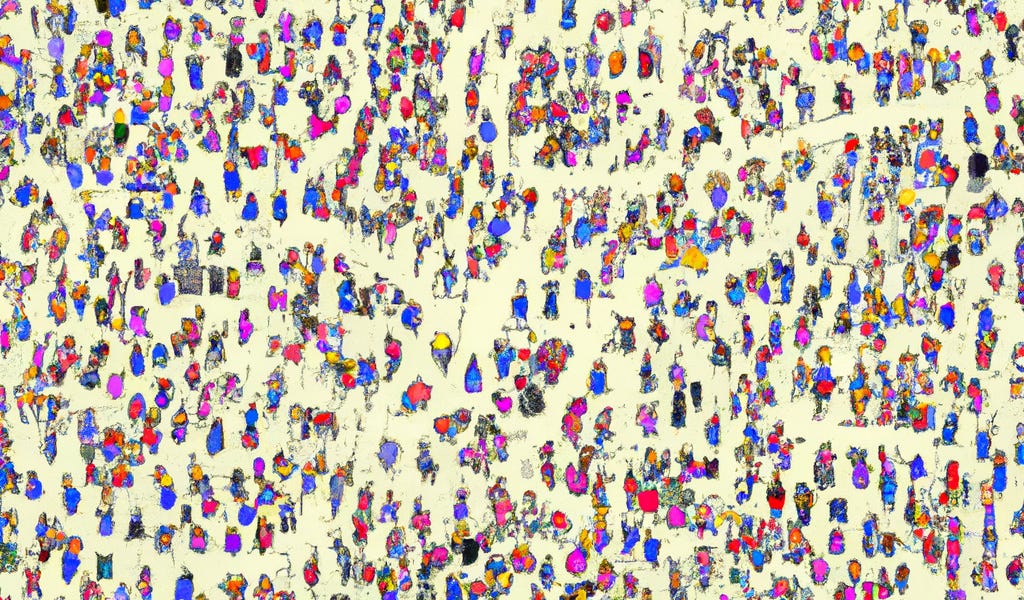Sublime
An inspiration engine for ideas
4. DAOs are trust-less organizations owned and governed by community members. DAOs have smart contracts for decentralization and humans on the periphery for governance.
Vikram Aditya • DeFi, dApps and DAOs: The Key Differences

All in all, it is safe to say that “DAOism” is well on its way to becoming a quasi-cyber-religion. However, one of the hidden problems lurking beneath the space is a rather blatant one: no one even knows what all of these invididual terms mean. What exactly is a decentralized organization, what is the difference between an organization and an appli... See more
blog.ethereum.org • DAOs, DACs, DAs and More: An Incomplete Terminology Guide | Ethereum Foundation Blog
This could occur in many different ways: For example, all organizational decisions could be determined by tokenholder voting, but token ownership and voting turnout could be widely dispersed among many “minnows” (persons each holding a small % of total token supply/total voting power). Alternatively, different types of decisions could be delegated ... See more
Gabriel Shapiro • Defining Real and Fake DAOs
In the context of a DAO, this primal Polarity expresses itself on two levels:
Forefront • Forefront Season 2: Vibez Infinity Flow
VitaDAO | The Longevity DAO
vitadao.com
Reputation, quality of work, social capital and experience are already being used by DAOs to make decisions about how to treat specific members, but if these qualities could be inferred from an on-chain record, DAOs would become more autonomous and permissionless. Decisions could be made automatically, such as unlocking new spaces or granting great... See more
Ben Dobbrick • The Otters go Soulbound
However, while there is some interest in recognizing DAOs as new legal entities, these are still early days, so most DAOs operate under general partnership rules that may burden DAO members with any debts or liability faced by the DAO.
Theodor Marcu • The ABCs of DAOs
Similar to many daos, Cabin still looks like a bit of a fantasy—an emergent community in search of an outlet for its exploding energy. With any technology, Hillis said, “eventually the infrastructure becomes invisible.” Ultimately, the dao framework matters less than what an organization actually accomplishes.